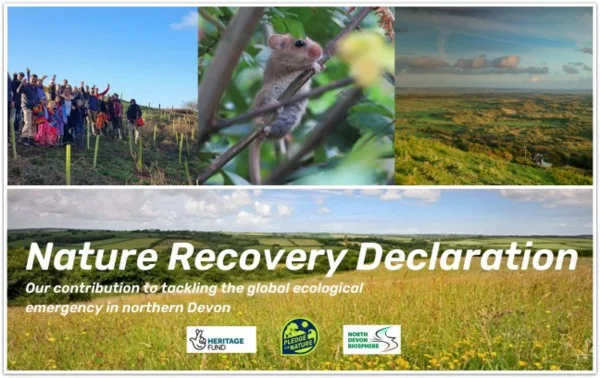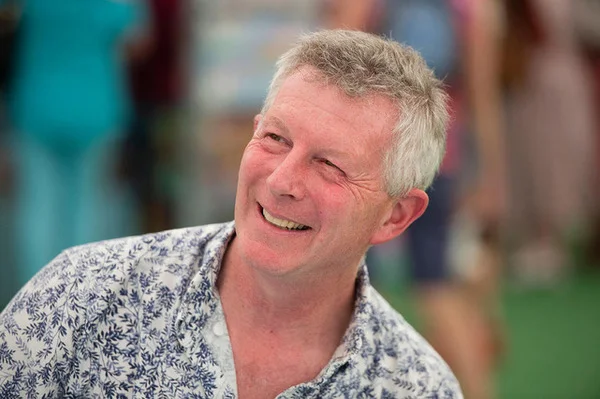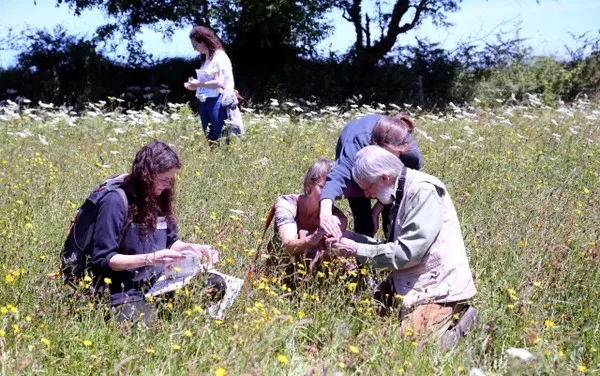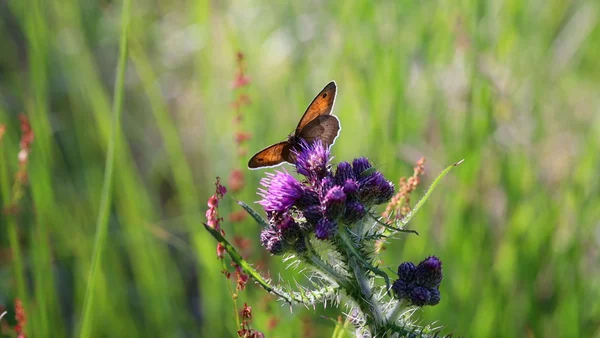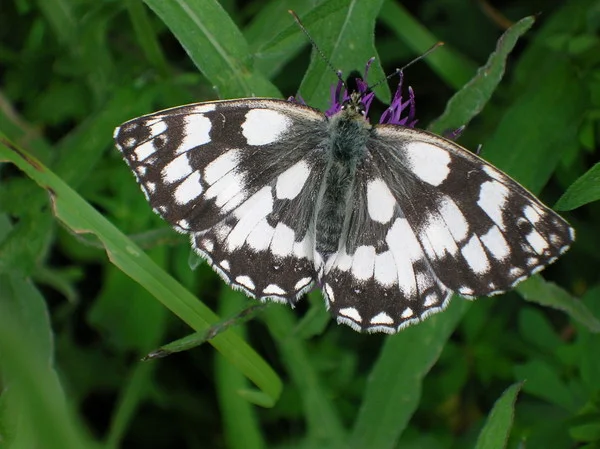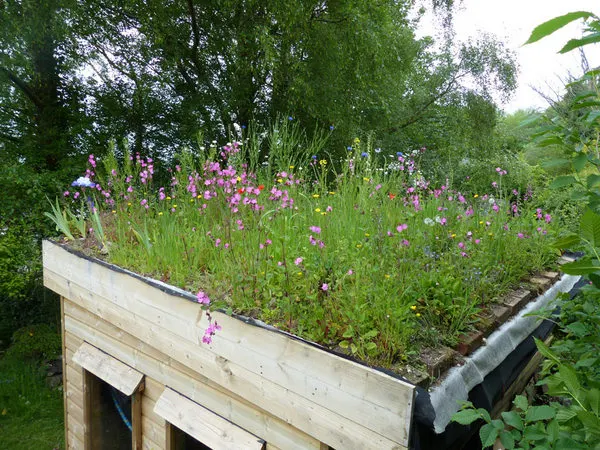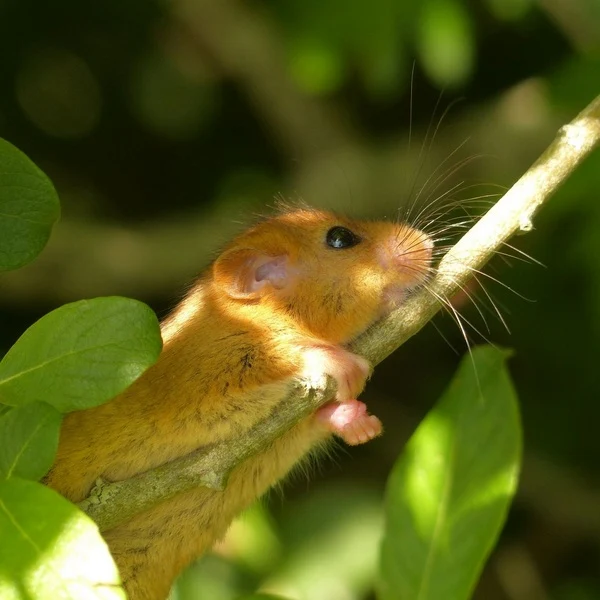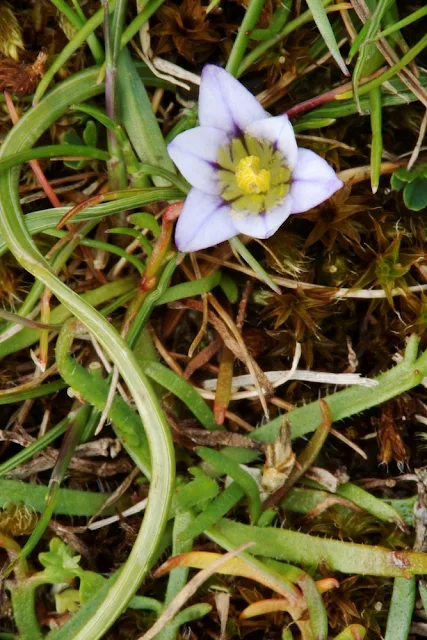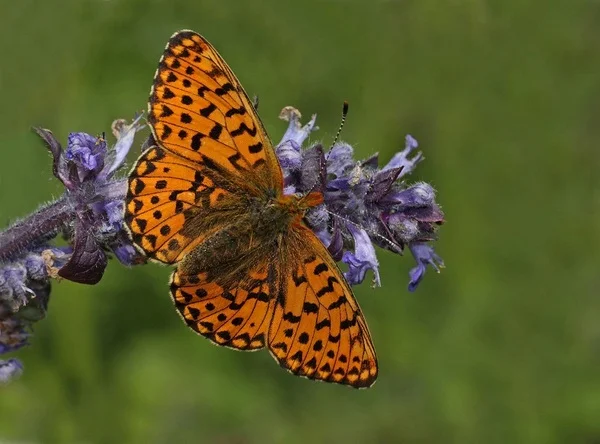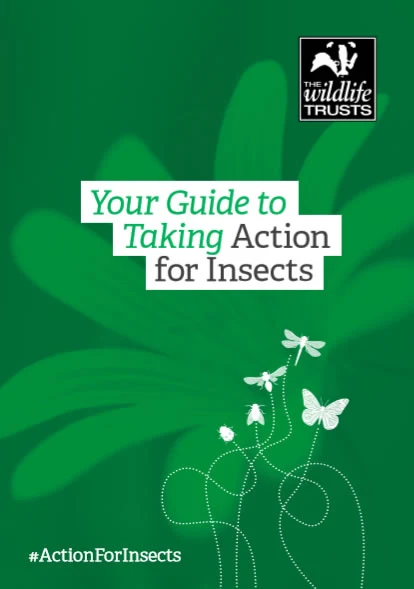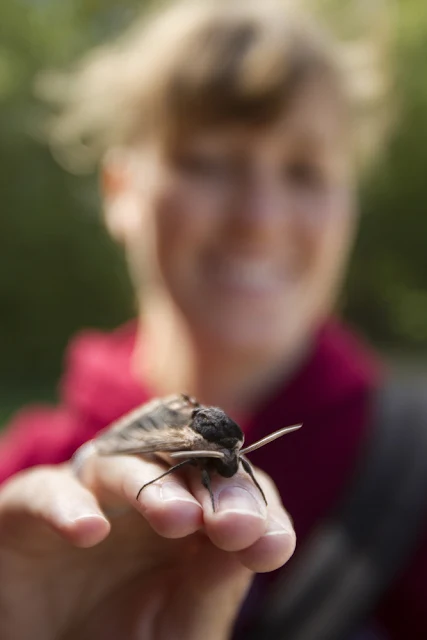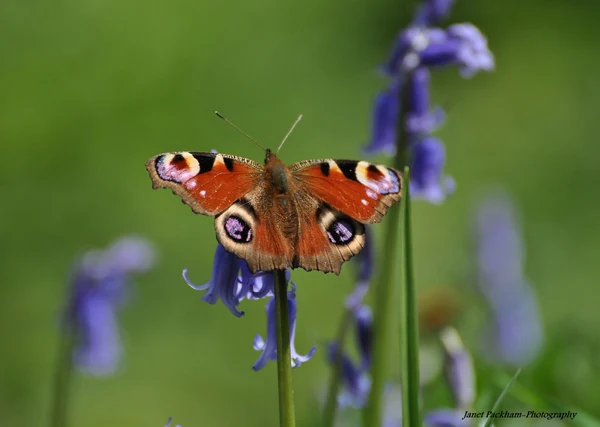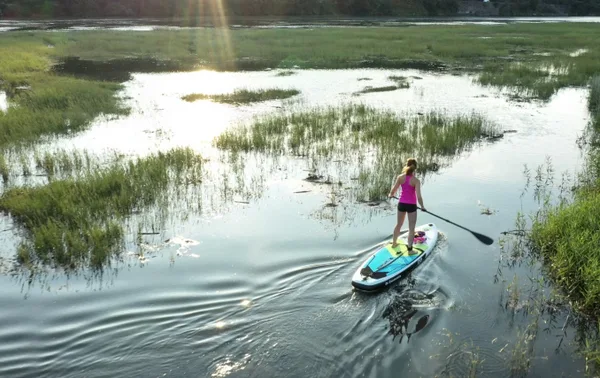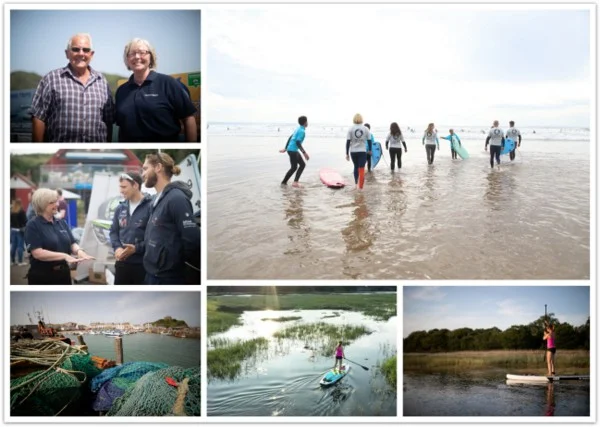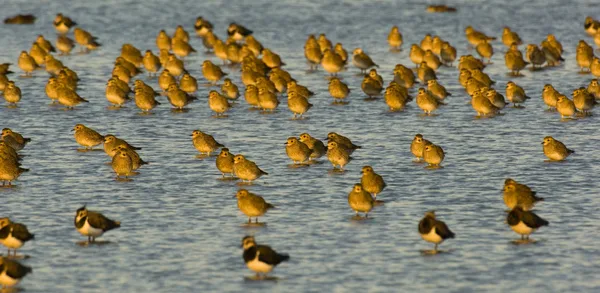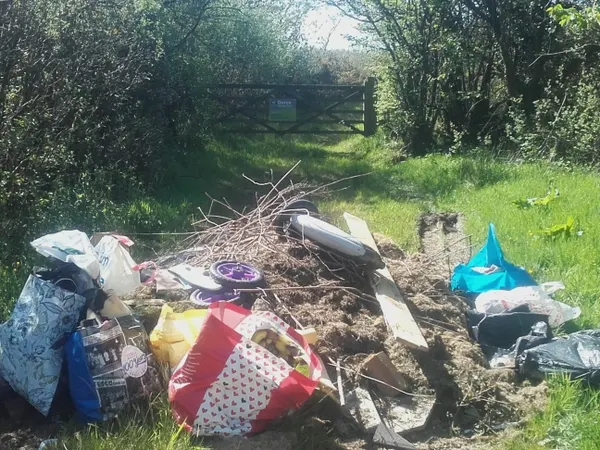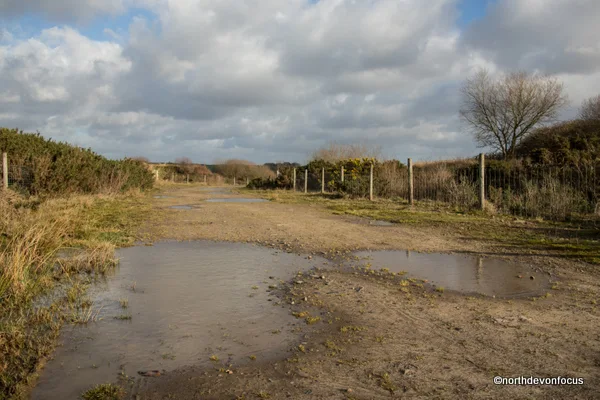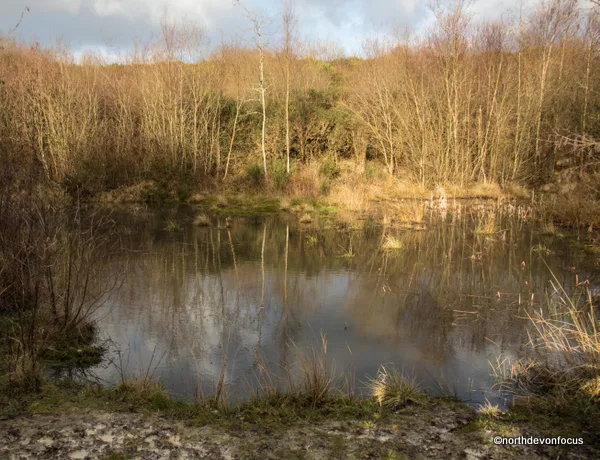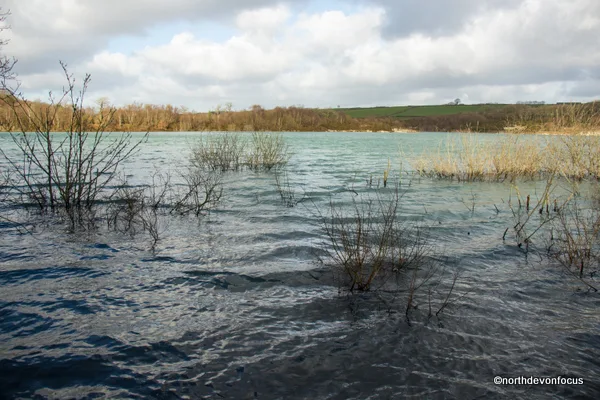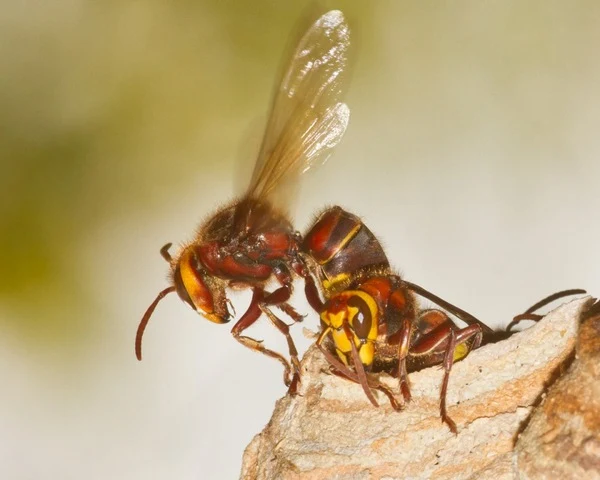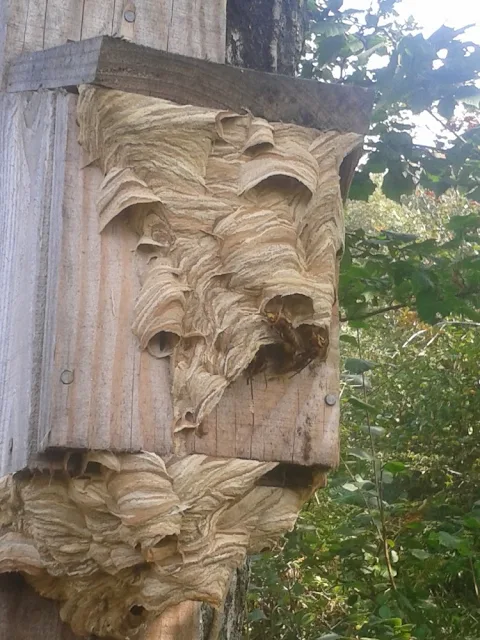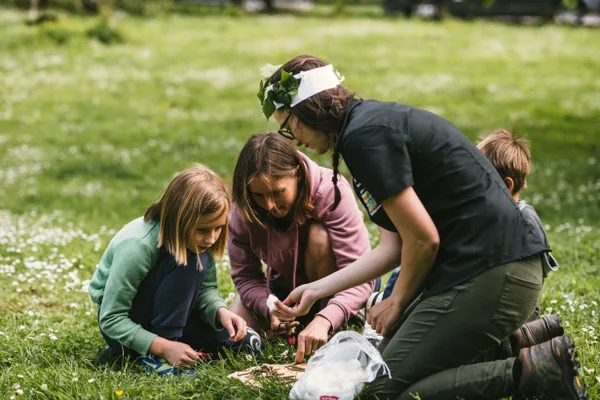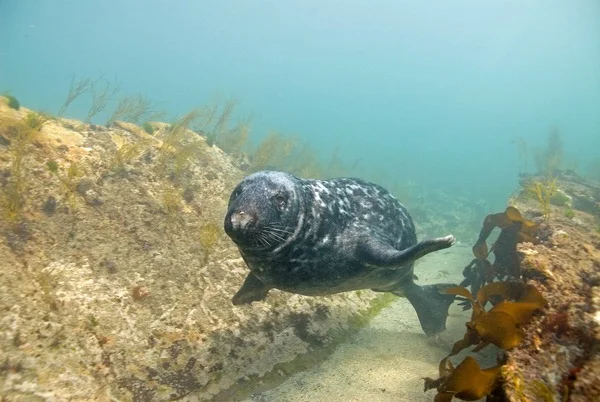To promote the launch, we expect to welcome a special visitor to the area. Sacha Dench, Ambassador for the UN’s Convention on Migratory Species, is flying a 3000+ mile circumnavigation of the UK in a wind and green electricity powered paramotor. On her journey, she is stopping in northern Devon to officially launch the North Devon UNESCO Biosphere Reserve’s Nature Recovery Declaration and Plan. We are expecting her to pass through the area later this month, where she will sign the Declaration herself and speak to the Biosphere team about the importance of nature’s recovery.
Why do we need to act?
Despite great efforts from many organisations, land managers and individuals across northern Devon since the whole area achieved UNESCO status more than 20 years ago, with a few encouraging exceptions nature continues to decline – a trend that began centuries ago but has accelerated since the 1960s. Today our wildlife is a shadow of its former glory and our natural systems are ceasing to function. Iconic species like salmon, breeding lapwings, skylarks, cuckoos, house martins, many insects and wildflower species are in perilous decline – and our rivers are failing national standards. An ambitious approach to focus everyone’s actions onto agreed priorities is needed - and that is what this plan aims to achieve.
The plan’s Vision is that by 2030, nature is recovering across northern Devon. There is more wildlife-rich habitat for us all to enjoy - covering 30% of the land area – in our fields and woods, on the coast, along our rivers and on the moors. Wildlife has the space it needs to flourish. Thriving farming and forestry are helping nature to recover right across the landscape. Communities, councils and businesses are putting nature back into our towns and villages. Ambitious projects have helped bring back icons like beaver, pine marten, chough, white-tailed eagle and osprey. Our quality of life, the economy and our response to climate change are stronger for it. More is required, but we are proud to be playing our part in tackling the global ecologicalemergency.
Why should I sign the Declaration?
“If we are to turn the tide for nature’s recovery, everyone in northern Devon needs to engage through their choices and actions - all of us as consumers and by helping nature to recover where we live and work, and especially farmers and land managers who can do most to help nature recover across the landscape. We can all make a difference. It’s time for urgent and transformative local action.” Mike Moser, Chair of the Biosphere Nature Improvement Group
We hope that many individuals, organisations and businesses across the Biosphere will sign this Declaration committing to helping nature’s recovery and adding to the growing support for tackling the ecological emergency.

